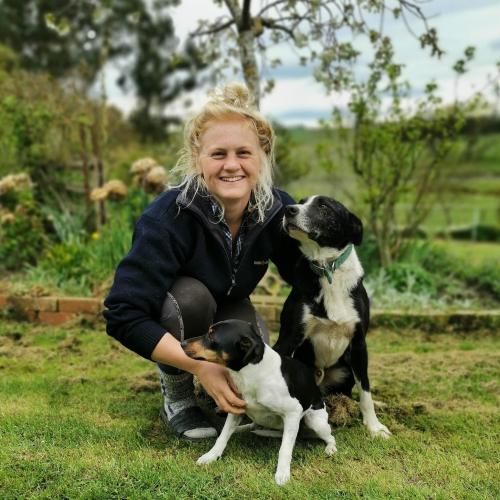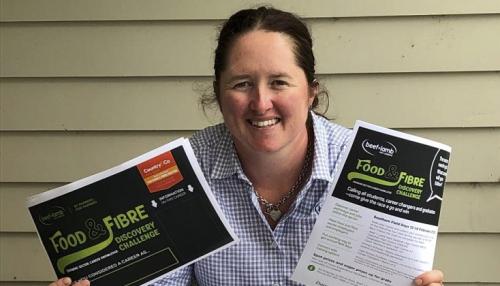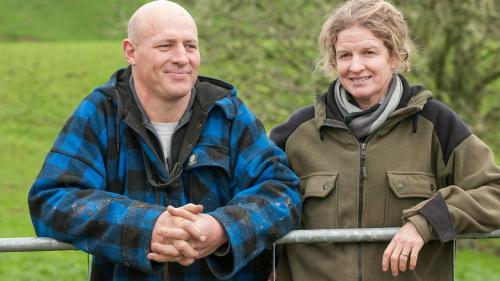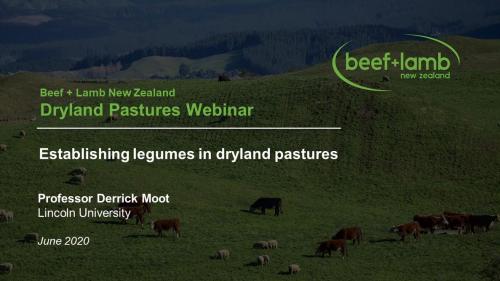Search results
Displaying 841 - 850 results of 1761
- Factsheet… 0800 beeflamb 0800 233 352 wwwbeeflambnzcom farmers farmers combating clover … avoid sowing clover spring put pasture spring crop maize brassica sow permanent pasture …
- Excel spreadsheet… sqtile406 beef lamb new zealand economic service sheep beef … effective area 274 279 1369 370 470 518 cash crop area new grass area 1 10 1 2 total labour … 200 163 ewes mated 237 286 2401 452 511 710 lambs from ewes 318 383 3049 688 761 956 lambs …
- Video… at Aria in the King Country. Their Beef + Lamb New Zealand Innovation Farm project looks …
- PodcastBack in 2018 Bayley Coates was starting to climb the agricultural ladder but was unsure where she was heading. Since then, she has taken on the management of a 285ha dry stock block in South …

- Video… Recorded on 30 June 2020, this Beef + Lamb New Zealand webinar focused on the …
- External resource… prepared ministry primary industries beef lamb new zealand phil journeaux erica van … thanks ministry primary industries beef lamb new zealand ministry business innovation … other options were opening respect cropping pasture renewal all farmers noted …
- News… Beef + Lamb New Zealand’s (B+LNZ) Sheep and beef … James Ford on 027 235 9806 or media@beeflambnz.com Media coverage Our media release …

- Factsheet… wwwbeeflambnzcom 0800 beef lamb 0800 233 352 farmers … longterm risk management plan june 2024 factsheet contaminant loss water series … storage effluent reduce intensive winter crop grazing areas alter farming system carry …
- NewsB+LNZ has partnered with NZ Young Farmers to revive the B+LNZ Food & Fibre Discovery Challenge during the Southern and Central Field Days, highlighting career opportunities across the sector for …

- Factsheet… breeding goals like fact our focus finishing lambs compared others who store lamb producers because class country theyre 3 … performance weve discussed before example lamb survival weaning weight shoulder meat …

